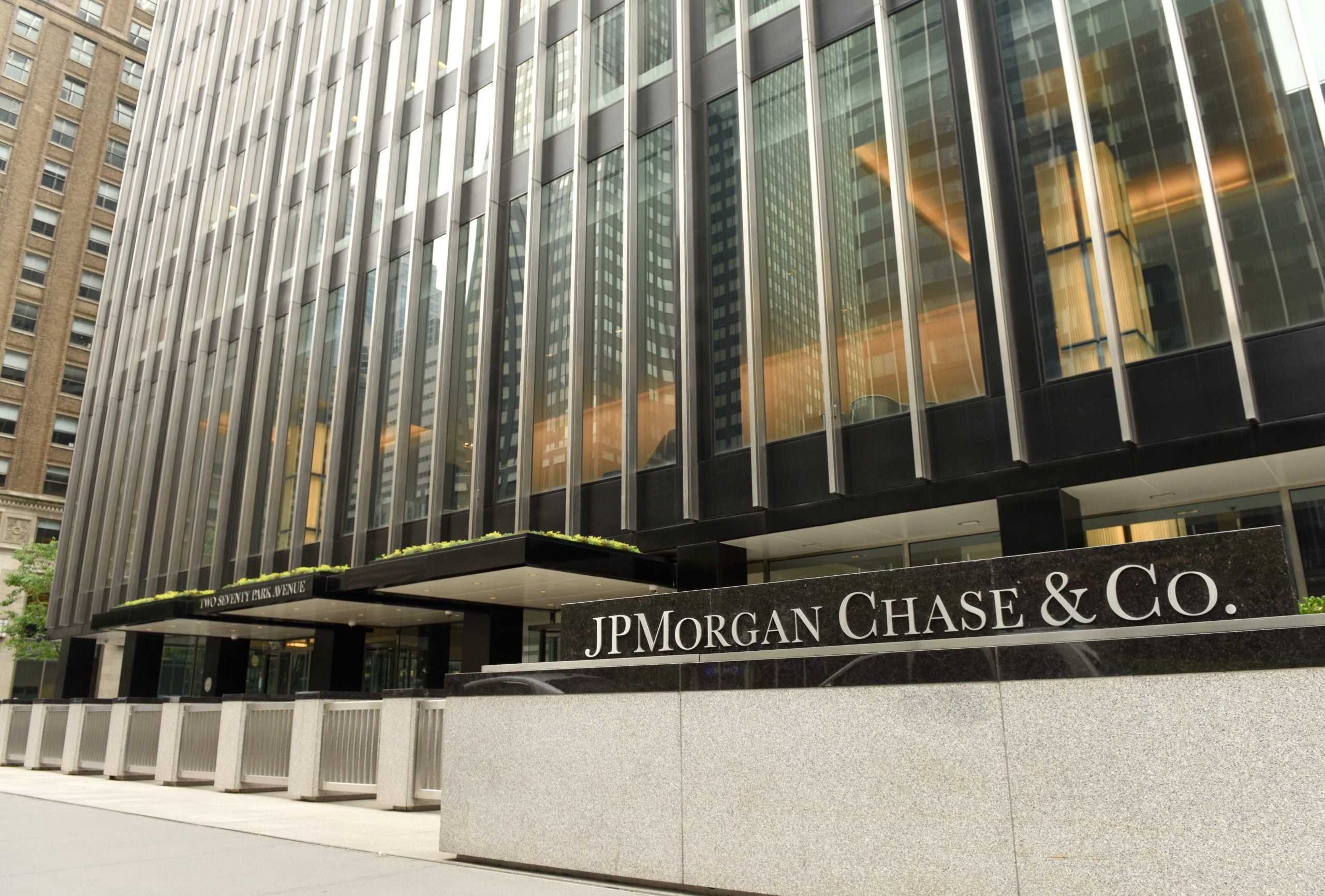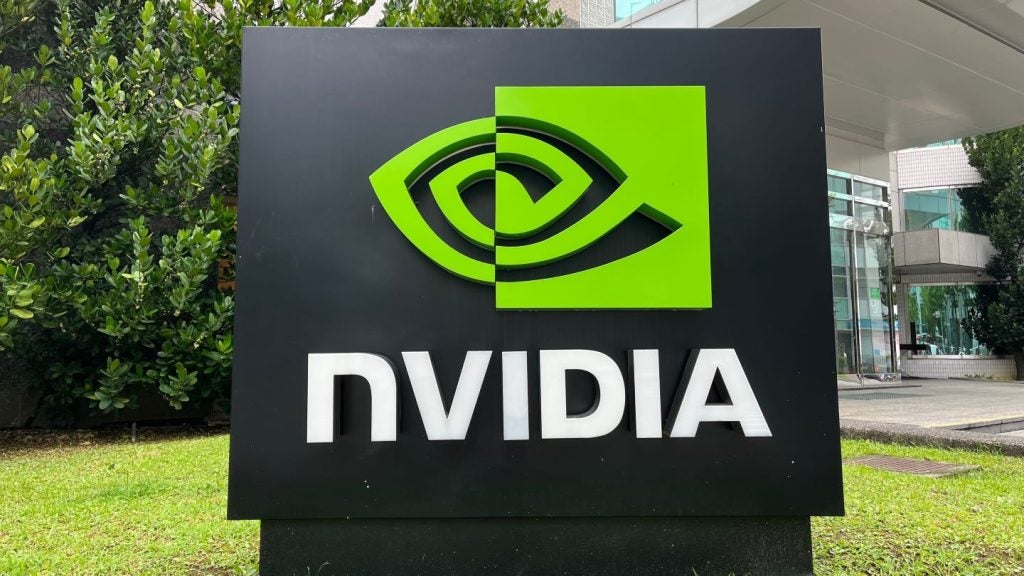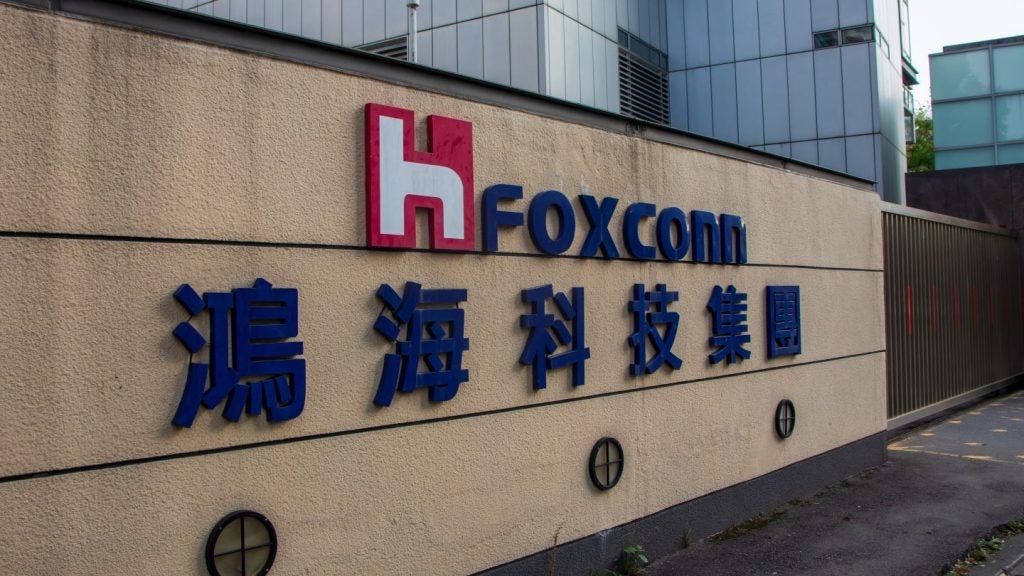
JPMorgan‘s UK digital banking subsidiary, Chase UK, will stop customers from purchasing crypto assets from 16 October due to rising numbers of fraudsters using digital assets to target victims, a company spokesperson said on Tuesday (26 Sept).
The move follows a series of crypto transaction bans and restrictions in the UK.
The UK’s national reporting centre for fraud and cybercrime, Action Fraud, reported that crypto fraud increased 40% in the year to March, surpassing £300m for the first time.
In March, NatWest limited the daily and monthly amounts of crypto customers could exchange while Santander moved to ban UK customers from sending real-time payments to crypto exchanges in an effort to tackle a growing number of crypto scams.
TSB instituted a block on crypto assets in 2021 due to the high levels of fraud and HSBC placed restrictions on cryptocurrency purchases with credit cards in February this year.
In April 2022, Prime Minister Rishi Sunak, then Chancellor of the Exchequer, advocated for cryptocurrency, announcing measures including legislating for a ‘financial market infrastructure sandbox’ to help firms innovate, an FCA-led ‘CryptoSprint’, working with the Royal Mint on an NFT, and an engagement group to work more closely with industry.
How well do you really know your competitors?
Access the most comprehensive Company Profiles on the market, powered by GlobalData. Save hours of research. Gain competitive edge.

Thank you!
Your download email will arrive shortly
Not ready to buy yet? Download a free sample
We are confident about the unique quality of our Company Profiles. However, we want you to make the most beneficial decision for your business, so we offer a free sample that you can download by submitting the below form
By GlobalDataSunak said: “It’s my ambition to make the UK a global hub for cryptoasset technology, and the measures we’ve outlined today will help to ensure firms can invest, innovate and scale up in this country.”
Swiss crypto company Taurus signed a global partnership agreement earlier this month with Deutsche Bank to establish digital asset custody and tokenization services.
The partnership will allow Deutsche Bank, for the first time, to hold a selection of cryptocurrencies for its clients.
Many regulated financial exchanges still have no plans to offer crypto-related products, according to a survey earlier this month by the London-based World Federation of Exchanges (WFE).
The WFE survey found that the majority of the 29 financial exchanges that took part remained concerned about crypto’s cybersecurity risks, its lack of regulatory guidelines and the ever-changing market.
Following the FTX fallout in 2022, the cryptocurrency market has struggled to recover. FTX, which was formerly the second-largest crypto exchange in the world, filed for bankruptcy in November, causing a shockwave of decline through the rest of the industry.







